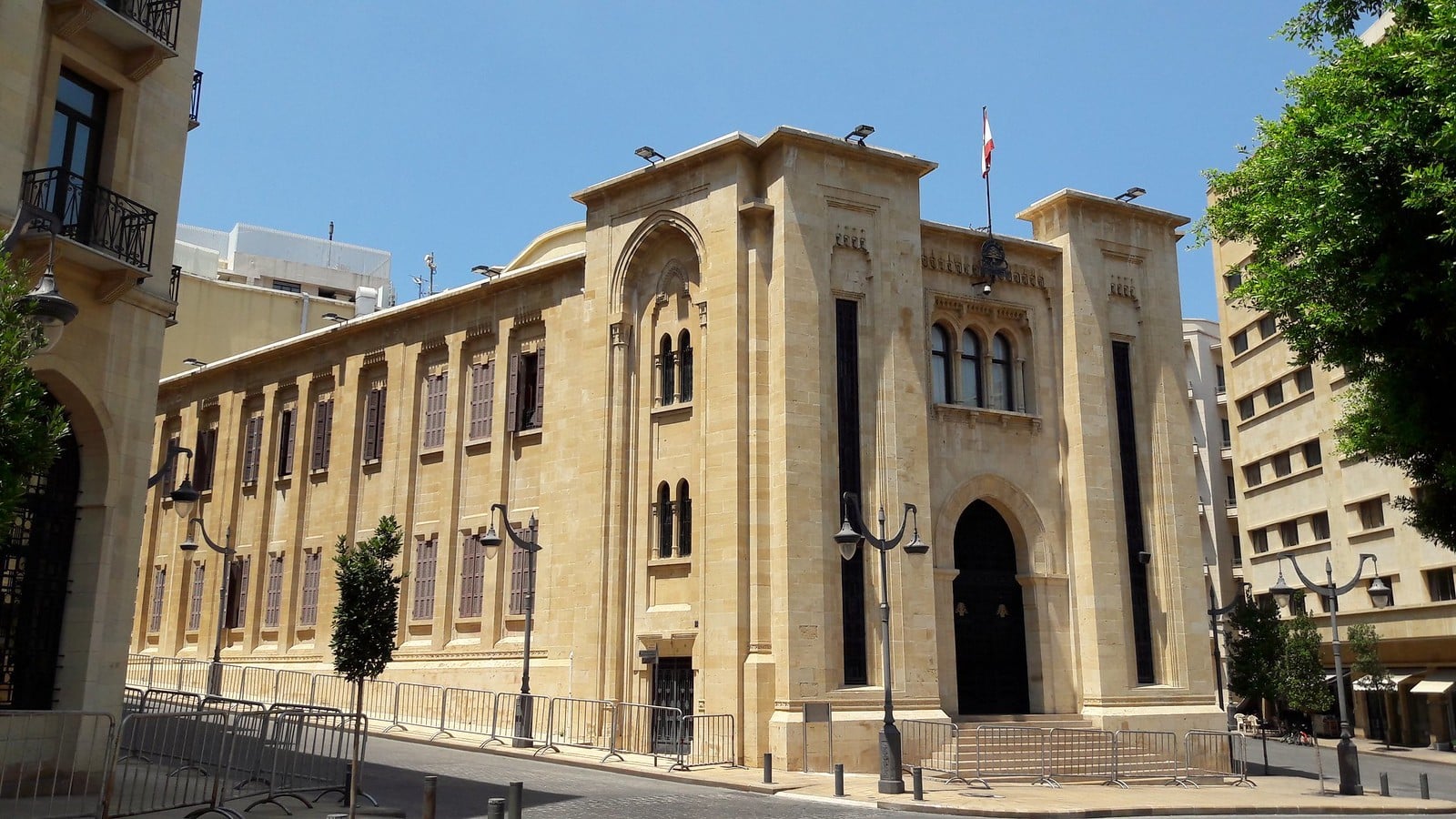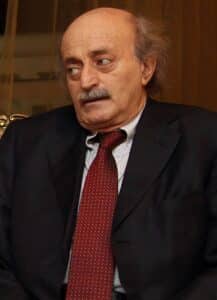On Monday the 24th of January Lebanese Sunni Muslim leader Saad al-Hariri, who served as the Prime Minister of Lebanon three times, announced he would be stepping back from political life and would also not run in the parliamentary elections. The suspension of his political career comes amid Lebanon’s grave financial crisis which its country’s leaders have failed to stop. In a television address he stated that he has decided to ‘’suspend any role in power, politics and parliament’’.
Hariri has been the leader of the Future Movement, the biggest representative of the Sunni community in Lebanon. The resignation of Hariri leaves the Sunni block without a leader. Hariri also called on his party to not have any candidates run in the upcoming general elections in May. The resignation creates uncertainty in Lebanon’s political landscape which is just months away from the elections, where opposition parties hope to overturn the majority that Hezbollah won in 2018. However, analysts argue that a boycott by Lebanon’s largest Sunni movement may lead to calls to delay to elections and increase speculation that the election might not happen.
Sectarianism and Iranian influence
During his address on the 24th of January Hariri referred to the Iranian influence and the sectarianism that continues to cause a political deadlock as causes for his resignation, stating: “I am convinced that there is no room for any positive opportunity for Lebanon in light of Iranian influence, international disarray, national division, sectarianism, and the collapse of the state.’’ His mention of Iranian influence refers to Lebanon’s Shiite Hezbollah party, which has been gaining influence in the country. Walid Jumblatt, Lebanon’s leading Druze politician, told Reuters the announcement was “very sad because we are losing a major pillar of independence and of moderation”. He also added that “It means a free hand for Hezbollah and the Iranians.’’
Sources: Reuters New York Times Al Jazeera
Photo source: Flickr



